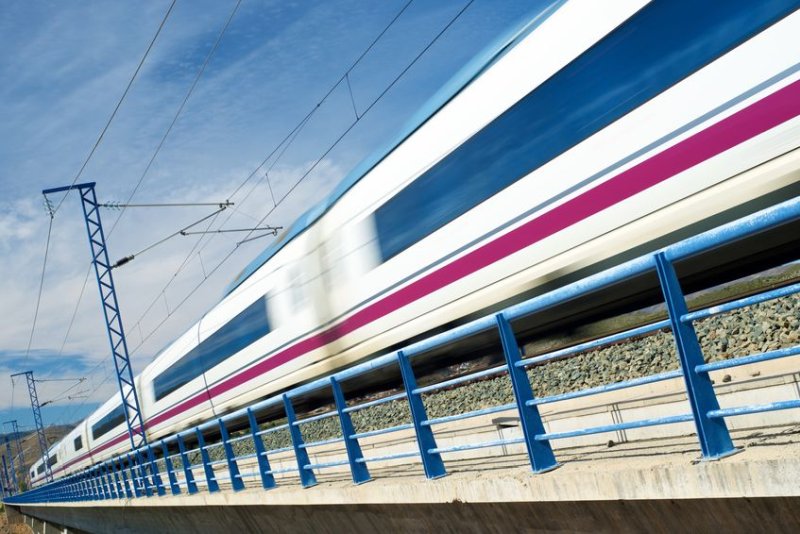Farmers affected by HS2 urged to start compensation process

Farmers and landowners affected by HS2 have been encouraged to engage with the compensation process at the earliest opportunity.
The government gave the green light earlier this year for the controversial multi-billion pound project to proceed.
Despite the pandemic, construction work on phase 1 - London Euston to West Midlands - officially started in September.
The government has also committed to phase 2a - Birmingham to Crewe - and phase 2b, connecting the north.
Those farmers affected have been told by Saffery Champness to prepare for compulsory purchase and engagement in the process for compensation.
Measures for compensation include the express purchase scheme for property owners in a Safeguarded Area, where properties are purchased at full market value with a 10% ‘home loss’ premium and reasonable costs of sale/removal covered.
Farmers can opt for a cash payment if they are in the Rural Support Zone (60-120 metres of the route) of 10% of the full market value of their home, between a minimum of £30,000 and a maximum of £100,000.
A voluntary purchase scheme is included in the measures, which is also available for property owners in the Rural Support Zone, with full market value being paid for the property.
A cash payment for property owners in a Homeowner Payment Zone (120-300 metres of the route) is covered, with payments dependent on distance (decreasing from £22,500 to £7,500)
Other government measures include a ‘need to sell’ scheme and a ‘rent back’ option.
Saffery Champness advised farmers and landowners that Capital Gains Tax rollover relief could be available where proceeds from a compulsory purchase of land are reinvested into other land and buildings.
That reinvestment must be made between 1 year before and 3 years after the compulsory purchase, the accountancy firm said.
The relief is not available where the landowner has already taken steps to make it known that they were prepared to sell, or where the reinvestment is in a dwelling that becomes the main residence of the seller.
Where the relief is claimed, gains are rolled over into the CGT base cost of the replacement property.
Saffery Champness said it could prove to be difficult for farm businesses to find suitable replacement land or buildings in which to reinvest.
It added that delayed compensation payments can also seriously impact on planning, reinvestment and cash flow, particularly where a forced sale impacts on business operations.
Martyn Dobinson, partner at Saffery Champness, said many of the owners of these affected businesses will want to carry on without disruption.
However, HS2 will bring huge disruption for many: "In extreme cases, farm holdings could be split in two, with the logistical challenges that will create," Mr Dobinson said.
As a minimum, there will undoubtedly be noise and disturbance from construction works extending over periods of many years and additional administration.
“Turning back to the tax implications, as well as CGT issues there may also be IHT implications for those affected," he added.
“Whilst agricultural land and buildings, or land and buildings used in a qualifying business, may benefit from relief from IHT, cash compensation payments that aren’t reinvested in other qualifying property, will not.
“Anyone faced with the prospect of disruption should be aware of the government’s Compensation Code, and the associated compensation process.
"They should also give careful consideration to timing of any agreement for compensation, where there may be tax implications,” Mr Dobinson said.








